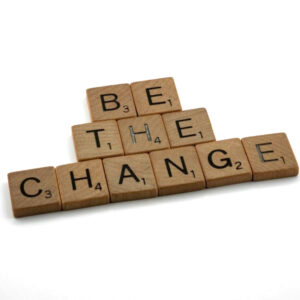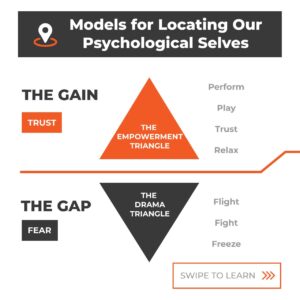As I continue to study and apply principles of performance and organizational psychology, the topic of “values” regularly remains relevant and extremely important. Moreover, the significance and usefulness of orienting one’s life around values expands the entire spectrum of the human psyche. For example, Dr. Paul Grant’s Recovery Oriented Cognitive Therapy utilizes value-oriented living as a core component of treating patients with schizophrenia.
WHAT are Values
Christopher Hodgkinson defines values “as a concept of the desirable.” Within this definition is a four part hierarchy:
- Level of preference: For example, I like to live in warm weather; whereas, you like to live in cold weather
- Level of consensus: For example, the democratic process of getting to vote for elected officials.
- Level of consequence: This comes from “If… Then” arguments. For example, if we all wear masks, we will then help to slow the spread of Covid 19.
- Level of PRINCIPLE: “They are the values that are personally decided on after great struggle and reflection, and upon which we will not compromise.”
When I refer to values as a driver of health, wellbeing, and performance enhancement, I am referring to values at the level of principle. Values at the level of principle act as guide posts for living with purpose, on purpose. Acceptance Commitment Therapy (ACT) defines values as “chosen life directions.” Values are what help to intentionally and meaningfully draw you into the future, as opposed to solely being a victim of your past.
“Values are verbs and adverbs, not nouns or adjectives; they are something you do or a quality of something you do, not something you have. If they are something you do (or a quality of something you do), they never end. You are never finished.”
Steven Hayes & Spencer Smith, p. 155
Without clearly identified and articulated values as verbs, one cannot successfully lead nor live with an infinite mindset nor successfully practice a growth mindset. Unfortunately, organizations are notorious for deciding upon a set of core values that are only espoused as nouns (e.g., honesty, integrity, innovation, diversity), which undermines the inherent “value” of values.
Values in Action, aka HOWs
Simon Sinek is probably most well known for his TED talk from ten years ago: “How Great Leaders Inspire Action.” In his TED talk, which has been viewed 13 million times, Sinek discusses the golden circle:

Your WHY is your “purpose, cause or, belief–the driving force behind everything you do.” Your HOWs are your CORE values that bring your WHY to life when performing your WHAT’s.
If you need help identifying and clarifying your values in action, I recommend you take the free survey that Martin Seligman, the father of positive psychology, created, with Christopher Peterson, to help individuals learn more about what their character strengths are, so that they can intentionally draw upon them to pursue meaning and be in service of their personal philosophy and vision for the future.
Remember, life is long. And your values are what EQUIP you with the mental flexibility to infinitely discover and bask in the shared meaning and connection of life’s peaks and valleys.
Mental flexibility:
“The skill of being fluid and adaptive. Holding emotions loosely and moving towards chosen goals or values”
Benjamin Hardy, Personality Isn’t Permanent




